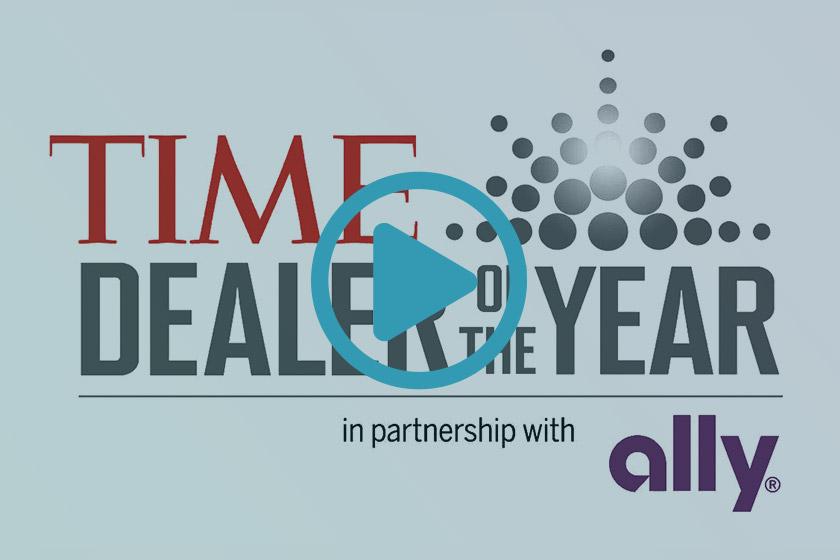Over the past couple of years, one of the biggest stories to rock the digital advertising industry has been Google’s announcement that they will soon do away with third-party cookies. Given how much advertisers have leaned on cookies in the past, this news has naturally resulted in some scrambling.
Google is by no means unaware of the anxieties their announcement has caused, which is why they’ve rolled out a couple of cookie alternatives. Initially, they proposed something called Federated Learning of Cohorts, or FLoCs, to take the place of third-party cookies. When the FLoC proposal was met with skepticism by the online ads industry, Google pivoted to a new solution, something known as Google Topics.
But what exactly do advertisers need to know about Google Topics? And what steps should advertisers take to prepare for Topics’ arrival?
What Is Google Topics?
To begin with, it may be helpful to review exactly what Google Topics is.
This is essentially Google’s cookie alternative, using some of the concepts of FLoCs but presenting those concepts with a much broader approach. It’s meant to be a happy-medium for advertisers and consumers; on the one hand, it provides advertisers with some audience targeting insights, but on the other hand it helps individual users maintain their privacy on the Web. Crucially, Google Topics is also intended to help consumers see individualized/relevant ad content, without having to give up a lot of their personal information.
Google Topics is just one of several features that Google intends for its Privacy Sandbox.
How Does Google Topics Work?
So how exactly does it all work? Here’s a basic rundown:
- Websites that participate will be assigned a topic label by Google. The topic list is currently being compiled by Google, and will avoid sensitive issues like sexuality, race, and religion.
- Using your Internet browser history, your browser will determine your top interests for the week, based on the list of topics. This information will be stored on your device for three weeks, then automatically deleted.
- When you visit a participating site, Topics will pick your top three interests and share them both with the website and with advertisers. Note that you can always remove topics manually, or even delete the entire Topics feature from your browser.
How Will Google Topics Impact the Advertising Industry?
In terms of impact to the digital media landscape, the announcement of Google Topics isn’t really the big story; primarily, the impact is going to come from the sunsetting of third-party cookies.
As far as Topics goes, it offers much more limited information than what advertisers traditionally get from cookies, and it also requires a lot of publishers to adopt it in order for it to work effectively. As such, it really remains to be seen just how great of a cookie alternative this is.
How Can Advertisers Prepare for the Loss of Cookies?
With all of that said, there are plenty of smart, practical steps that advertisers can take to prepare for the loss of third-party cookies, and for the advent of Topics. Here are some recommendations from enCOMPASS:
- Assess your reporting foundation. You’ll need your reporting foundation to be intact to provide some clear benchmarks for Google Topics, and any other targeting solutions yet to be unveiled. Examine your reporting foundation today, being sure to account for seasonal variations and other external factors.
- Understand the available topics. As Google Topics is rolled out, it will be crucial for advertisers to carefully study the list of available topics. Think about how these topics map on to your consumer journey, and how they coincide with your buyer personas.
- Test, test, test. Now is the time for advertisers to test the different targeting options they have at their disposal, including contextual targeting.
- Team up with publishers. Weigh the merits of publisher-direct deals, and potentially of gaining access to publisher’s research into core user demographics.
- Broaden your horizons. Finally, we suggest that advertisers expand their media horizons. Specifically, think about testing the waters of connected TV (CTV), which doesn’t require you to lean on cookies or other traditional means of Web-based targeting.
Are You Ready for Google Topics?
There’s still a lot of uncertainty about the future of digital advertising. What we can say for sure is that cookies are on their way out, and Google Topics is likely to be one of several prominent replacements. Just how impactful Topics actually is, and how helpful it proves for advertisers, remains to be seen.
At enCOMPASS, we’ve been keeping a close watch on this story, and apprising our clients of how we’re adapting to the post-cookies world. We’d love to talk with you further about any of this, and also to provide custom solutions for preparing for Google Topics. Reach out to us at any time.
SHARE THIS ARTICLE:



